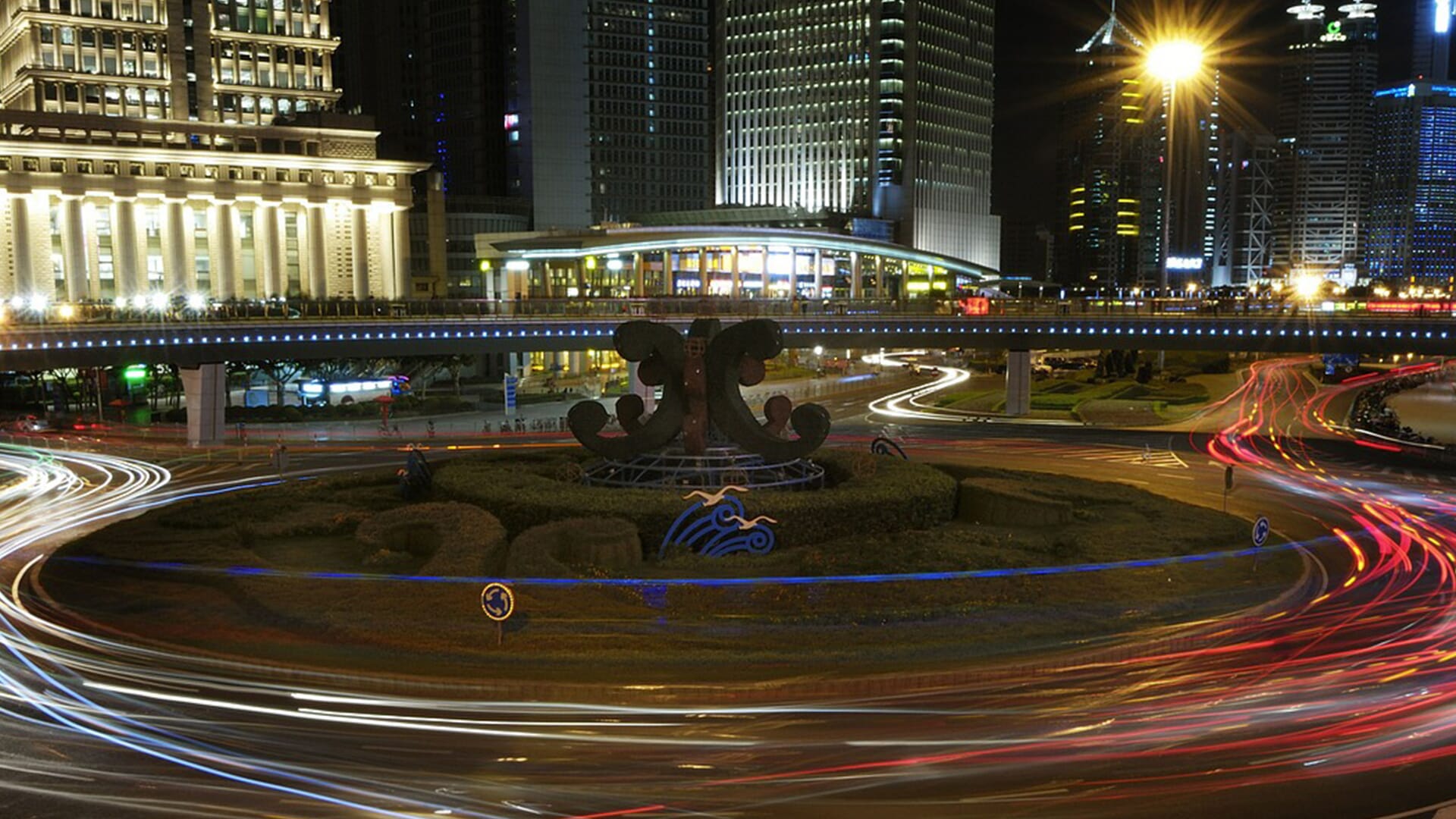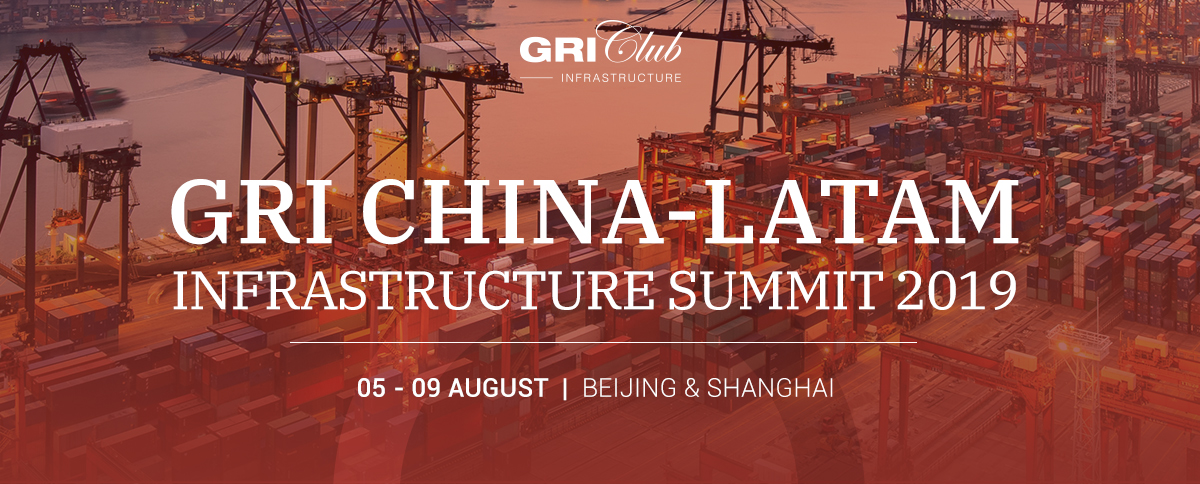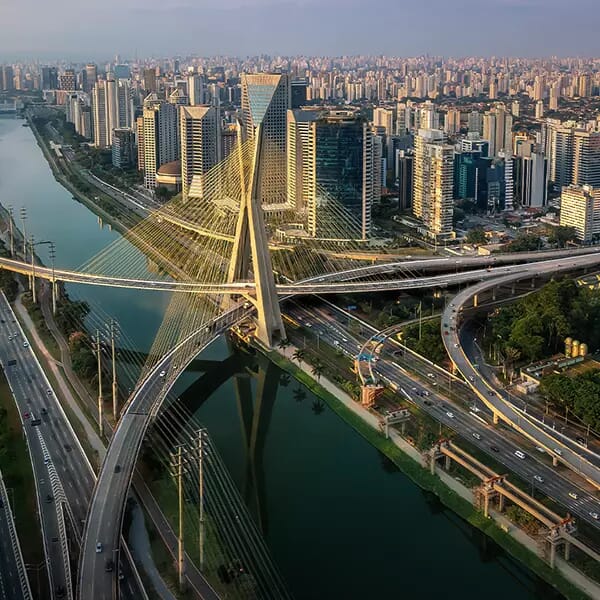
GRI Club Infra holds event & visits in Beijing and Shanghai
GRI China-Latam Infrastructure Summit & Week 2019 brings together Latin American and Chinese Infrastructure players.
GRI Club Infra promotes the 4th edition of the GRI China-Latam Infrastructure Summit & Week in Beijing and Shanghai, China, from August 5-9. The event connects senior executives and infrastructure sector authorities working in Latin America and on the Chinese market. The goal is to strengthen the relationship among decision makers who are looking for business, partnerships, project promotion, and high-level networking.
The 2019 edition features a large conference, the GRI China-Latam Infrastructure Summit, in Beijing, on the 5th and 6th, and a schedule of strategic meetings and technical visits (China-Latam Week Experience) in Shanghai, between the 7th and 9th. Participants – public and private – will visit the headquarters of Chinese infrastructure giants and will be able to meet with their leaders, presenting their projects and opportunities for partnerships. Technical visits and networking dinners are also planned to take place during the week. English is the official language of the event, and there will be simultaneous translation between English and Mandarin during the summit.
In 2018, the event brought together 176 participants, 100 of whom were senior Chinese executives. The summit had nine strategic discussion rooms, and there were four days of technical visits and meetings.
In 2019, the organization expects more than 200 representatives of Chinese and Latin American investors, operators and banks to participate. Confirmed among private sector leaders are Carsten Hasbach (Siemens China), Eduardo Centola (Modal), Marcos Meireles (Rio Energy), and David You (Trina Solar), along with Brazilian authorities Gustavo Canuto (minister of Regional Development), João Doria (governor of the State of São Paulo), and Wellington Dias (governor of the State of Piauí).
The intense presence of Brazilian public representatives is justified. China is now Brazil’s largest trading partner and the bonds between the two countries, which have been strengthening, are largely in the infrastructure sector. The Asian nation leads Brazil’s partner country ranking in terms of imports ($29 million, equivalent to 19.2% of Brazilian imports) and exports (R$64 million or 26.8% of the total).
Keeping an eye on this scenario and its potential, governor Doria, for example, recently announced that he will open a trade office in China. At the federal level, vice president Hamilton Mourão is preparing for a visit to China in the coming weeks, and in the second half of the year it will be president Jair Bolsonaro who will go.




